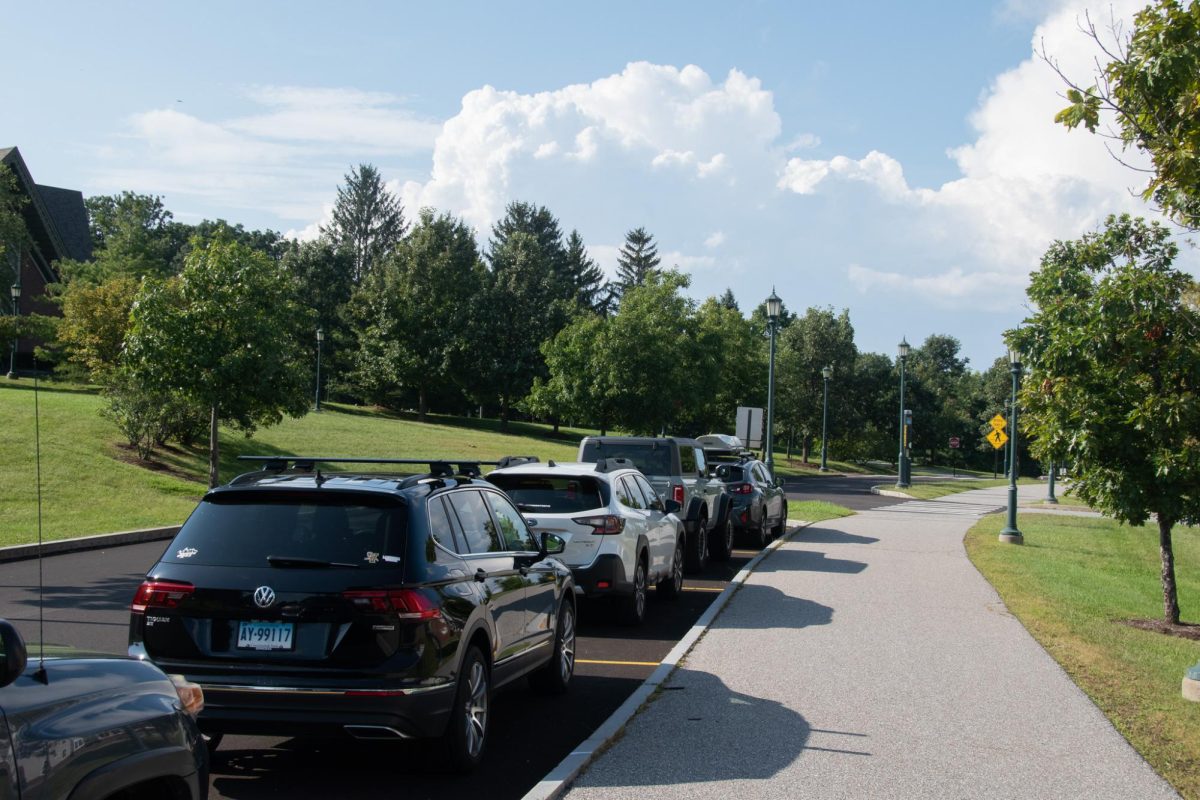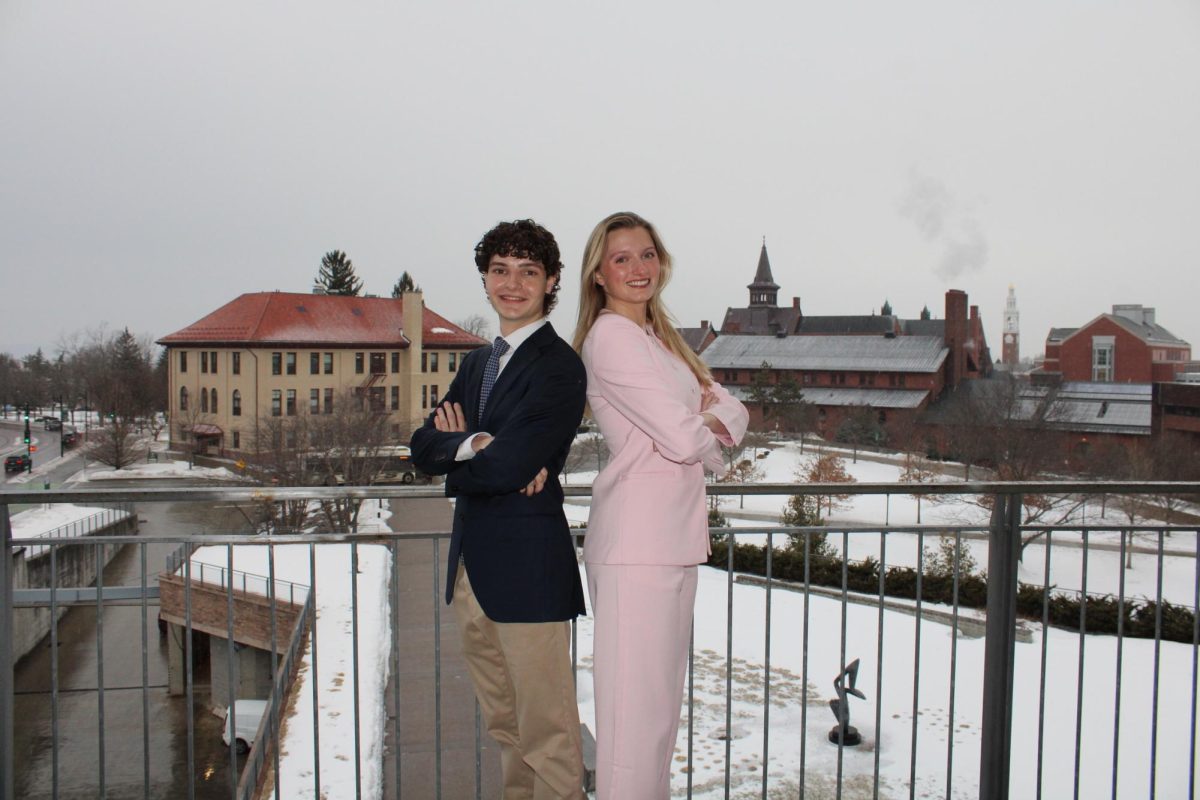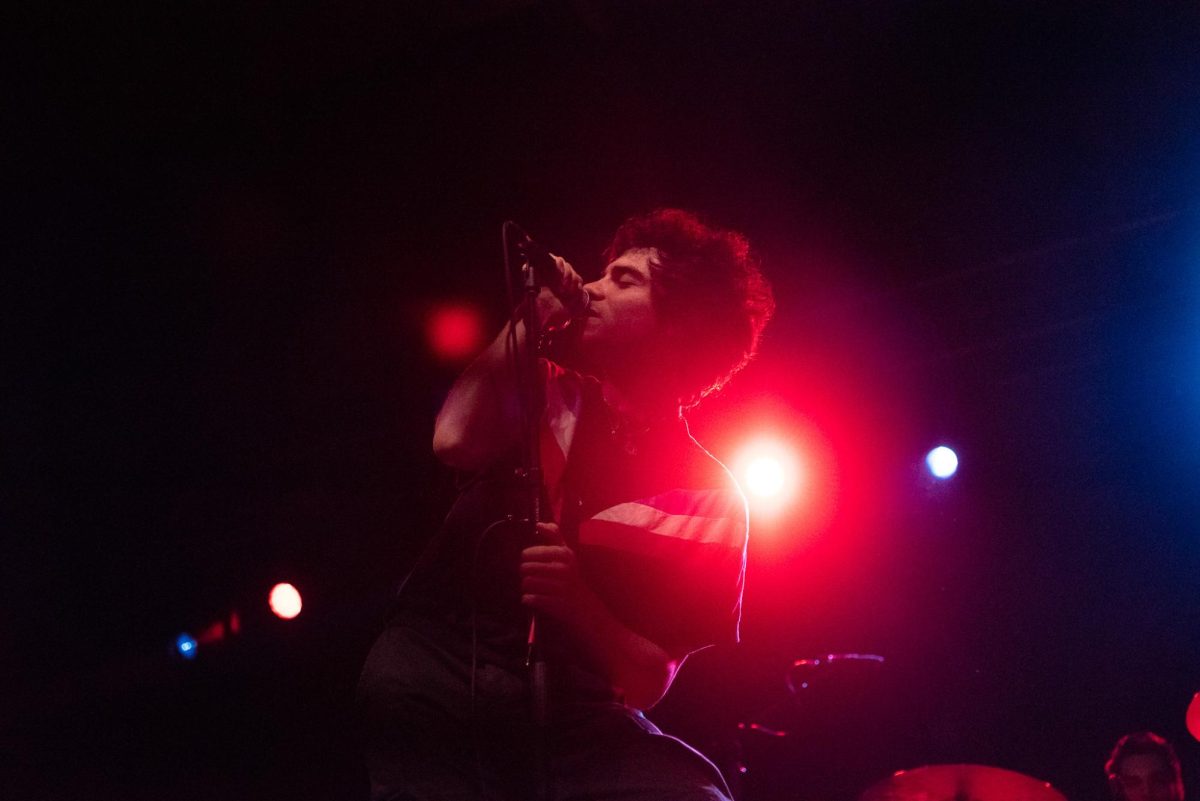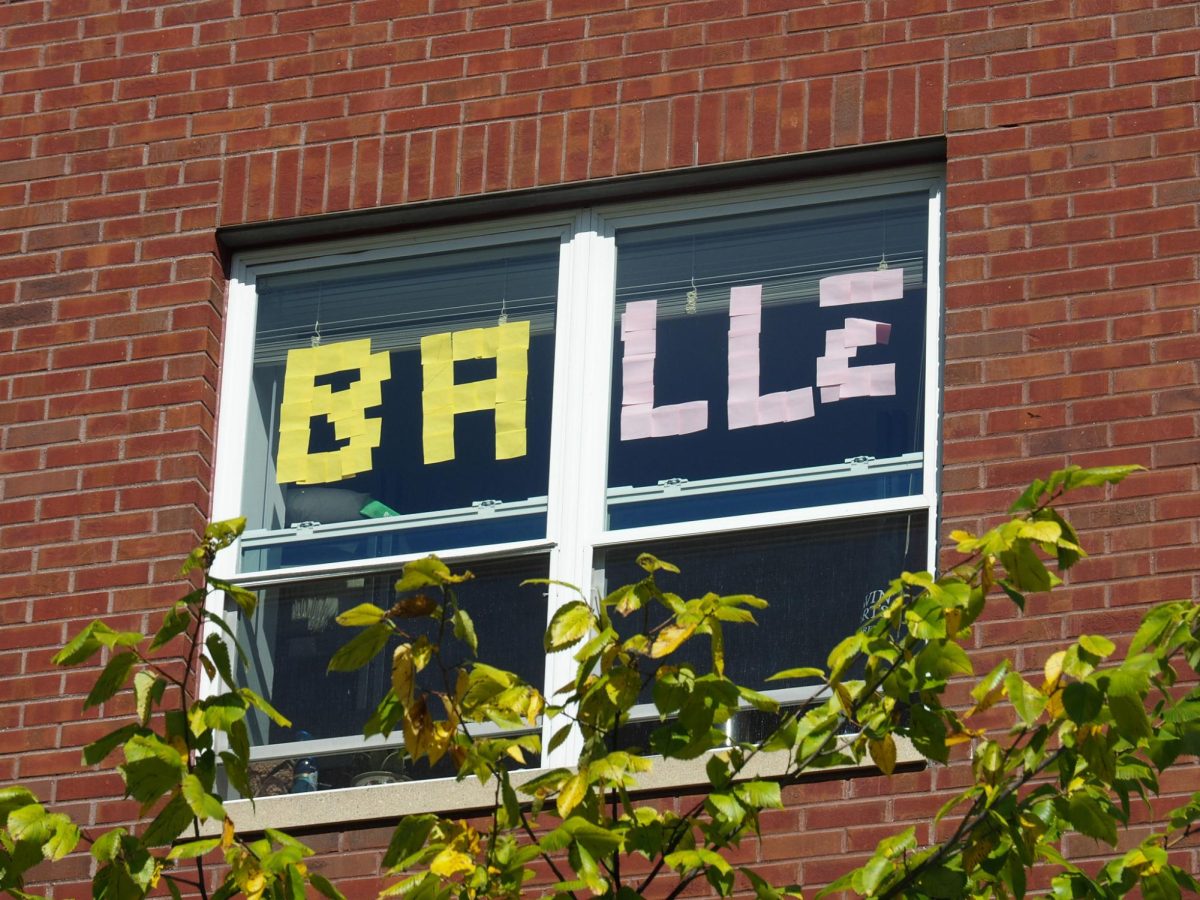UVM Police Services found evidence of attempted, unsuccessful hotwiring and other vandalization of six cars parked on University Heights Road following reports on August 24, said UVM Police Chief Tim Bilodeau.
A similar incident occurred on September 7 in the Harris Millis parking lot involving one vehicle, he said. Each of the cars in these incidents was either a Hyundai or Kia, which Bilodeau says indicates their vulnerability to these types of crimes.
“It’s still being investigated,” Bilodeau said of the crimes. “We haven’t charged anybody with these at this point.”
Other vehicle vandalization incidents involving Hyundais and Kias in the area, including in Burlington, South Burlington and Winooski, occurred within a similar timeframe of the August 24 incident, Bilodeau said.
Owners of Hyundai vehicles can contact Burlington Hyundai at 802-448-3891 and owners of Kia vehicles can contact Berlin City Kia of Vermont at 802-864-3905, extension 3 to find out if their car is eligible for a free software upgrade to patch vulnerabilities that make theft easier, stated UVM Police in an August 25 email to students.
Sophomore Melanie Ivens has had her car broken into four times, most recently on the first day of classes this fall in downtown Burlington, she said.
“I work with kids and I had a big duffel bag full of toys,” she said. “I assumed that they [the perpetrator] saw a duffel bag that was kind of heavy and were like, ‘maybe there’s something expensive worth selling,’ but it was just lots of toys.”
The toys served an important role as self-expression tools for her work with kids who are neurodivergent, she said.
Senior Cedulie Benoit-Smith had their car’s catalytic converter stolen in May 2022 while it was parked on Redstone campus, they said. It was especially stressful because they were planning to go home soon.
“It was insane,” they said. “I was parked on campus, I never for a second would have thought my car was in danger there. And it was a ton of money, like a really unexpected cost.”
They worried they would not be able to move back home following the incident, and had to work the entire summer to pay for the replacement, Benoit-Smith said.
Benoit-Smith believes increasing the perception of security would help to prevent these sorts of crimes, they said.
“Just having cameras, they don’t even need to be on, but just to have something that makes it look like there’s security on campus I think would go a really long way,” they said.
Vehicle vandalization incidents leave junior Allie Silver, whose car was broken into in July, feeling on edge, she said.
“Going to bed at night not being able to see my car and not knowing whether or not it’s gonna get broken into, it’s definitely super scary,” she said. “When I go to my car and when it’s where I can’t see it, my first thought is ‘oh my God, is it still there? Is it okay?’”
The numbers of vehicle vandalizations on campus have not seen any significant increases over the past decade, Bilodeau stated in a September 14 email. Various factors, such as the pandemic, have influenced the total number of these incidents at UVM.
Locking car doors, not storing valuables in your car, parking in well-lit areas and storing key fobs outside of the vehicle are ways to help prevent vehicle theft and vandalization, Bilodeau said.
Reporting items stolen from vehicles is also important because it allows UVM Police to warn the community and begin investigating, he said.
Over 400 cameras across campus are in place to prevent these types of vandalizations, Bilodeau said. Additionally, using systems such as CAT Alert and educating the community on preventative techniques are other ways UVM Police helps prevent this crime.
Collaboration with the community to use public safety systems effectively matters too, he said.
“It’s creating a culture around being able to trust these public safety systems,” he said. “The systems depend on real people.”

















